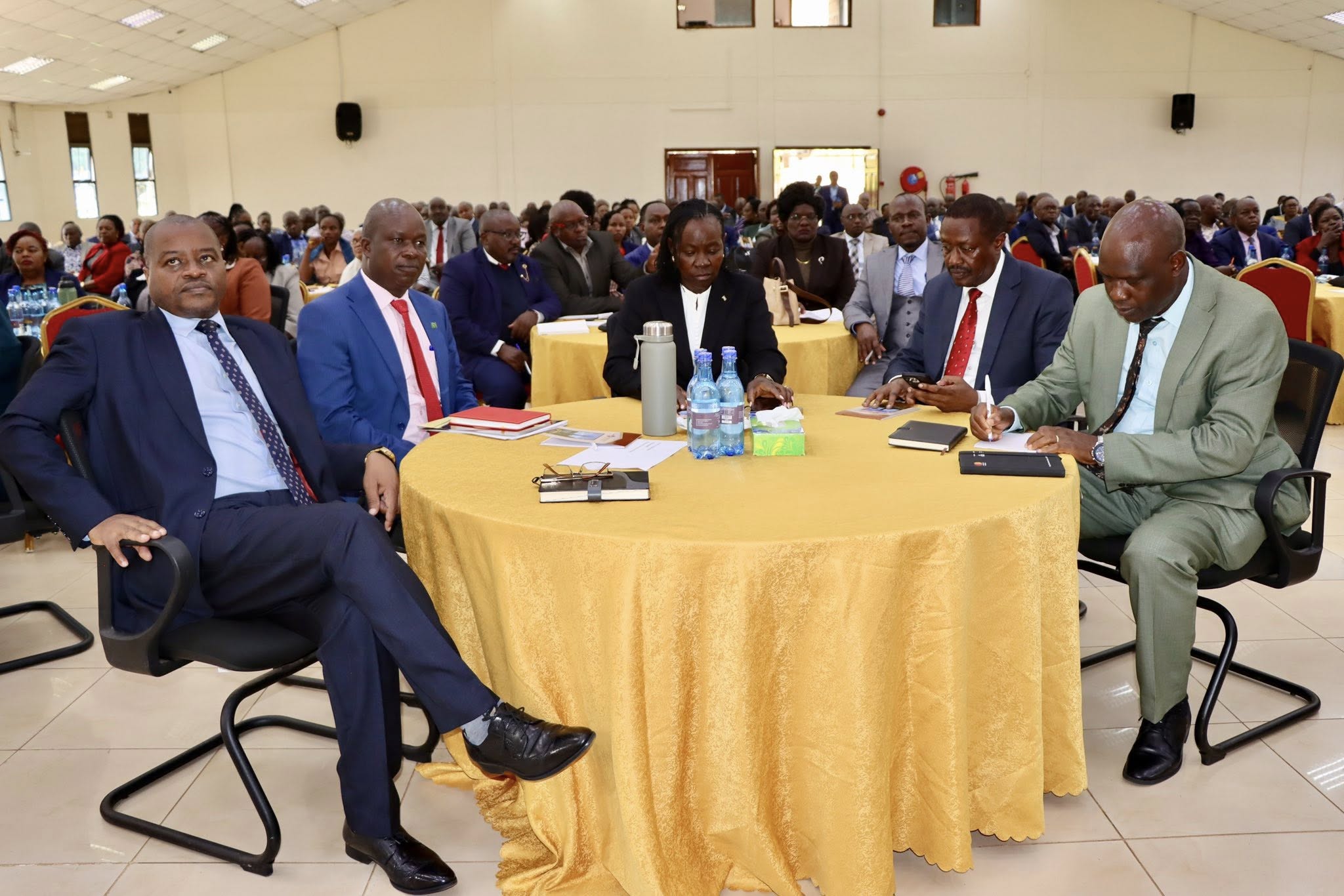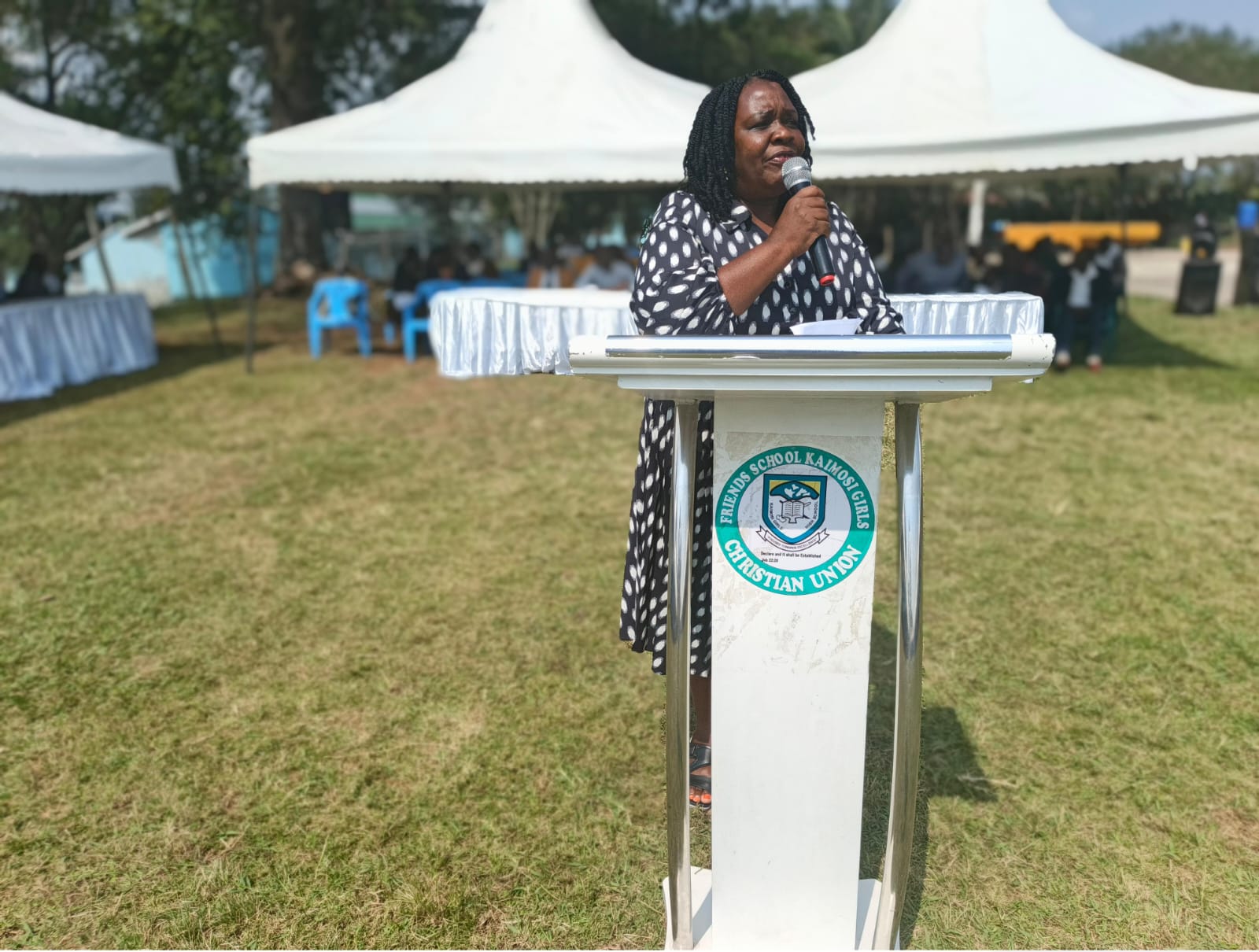By Victor Ochieng’
vochieng.90@gmail.com
In the month of December, most of the universities in Kenya have staged colourful graduation celebrations full of razzmatazz, churning out a good number of graduates into the job market. This is commendable. The only worry is whether these youths who are out and about will get grafted in the world of work. The one-billion dollar question is: Will that mammoth number secure employment that brings enjoyment?
Now, as the penman welds these words, the unemployment rate among the youth in Kenya is shell-shocking. Chips are down. The shit has hit the fan. Covid-19 is one of the factors to blame, but there is more into it. Universities and colleges should re-examine their curriculums. Through well-thought-out talks and training services, they should put a lot of premium on skills-enhancement programmes so as to make their graduates tick in the job market. Or else, people who are professionally competent will keep on flooding the world, but without work.
In relation to human potential, we have three things: talents, gifts and skills. Talents are innate or in-born abilities. Gifts are God-given or divine-driven abilities. Skills are acquired abilities. Talents, gifts and skills should be discovered nurtured, then allowed to grow and glow. People go to school to learn. Learning is change of behaviour and attitude (mindsets plus beliefs). Learning is also acquisition of requisite attitudes, knowledge and skills. Skills taught in schools play a pivotal part in someone’s life. No wonder, Proverbs 22:29 asks the quality question and gives the response: Do you see a man skilful in his work? He shall stand before Kings. He shall not stand before obscure and mean men.
Therefore, apart from teaching hard skills, the best gift tertiary institutions can give to their students, is to teach them nuts and bolts of soft, employability and life skills. It is right to write, that our schools teach hard skills; the graduation ceremonies and issuance of certificates upon completion are a true evidence to this assertion. Therefore, hard skills are technical skills like management, media, engineering, finance, social science, et cetera. Hard skills are golden, but for our youths to survive and thrive out there, they need these tripartite abilities: soft, employability and life skills.
Soft skills are also known as generic skills. Being that they are soft, they are not taught in school per se, but people need them to climb the ladder of life. Some of the life skills that both people in employment and entrepreneurship need include: dependability, reliability, adaptability, flexibility, positive mental attitude, teamwork, integrity, etiquette, respect, time-consciousness, self-discipline, personal initiative, leadership, communication, confidence, creativity, passion, resilience and emotional intelligence.
Also, to be employable, one needs to wield employability skills like the art of asking, ability to locate job sites, ability to write cover letters and CVs, ability to pass aptitude tests and job interviews. Apprenticeships, internships and voluntary work are of essence; for they help professionals learn the ropes. One needs to know how to build useful networks and how to relate with colleagues at the work place. It is also important to focus on good grooming skills, office etiquette, marks of professionalism and the art of negotiation for salaries.
Life skills cannot be locked out in this equation. As we can see in the collocation of those two-fold words, these are skills one needs in life. Basically, they are abilities that help people to cope with life. In many sources of knowledge that Son of the Lake has interacted with, life skills have been classified into three categories: One, intra-personal or self-awareness skills, which are basically skills of knowing and living with oneself. Secondly, inter-personal skills; which puts premium on the essence of living and living with others in the society. Three, we have skills of effective decision-making.
Intra-personal skills include self-awareness, self-esteem, self-motivation, self-discipline, time management, stress management, emotional intelligence, et cetera. Intra-personal skills include empathy, assertiveness, negotiation, conflict resolution, friendship-formation and effective communication. Pertaining skills of effective decision making, we have decision-making itself, making choices, critical thinking, creative thinking and problem-solving.
Finally, as youths think of ways of how to eke a living and fend for themselves after college, it is important to approach life from all two angles: Employment and entrepreneurship. In fact, in the book titled the Cash-flow Quadrant, Robert T. Kiyosaki talks about four angles worth exploration. The cash-flow quadrant is a way of categorising people based on where their money comes from. This author known for propagating brilliant ideas on financial literacy, talks of E, B, S, I quadrants, where E=Employment, S=Self-employment, B=Business and I=Investment. The best quadrants – are E and B – for they are the ones that can make someone attract prosperity and ward off poverty.
Schools should strive to give learners all sides of the coin. In another treasure trove titled Why A Students Work for C Students and C Students Work for the Government, Robert T. Kiyosaki argues that ‘A’ students are academics, ‘C’ students are capitalists. ‘B’ students are bureaucrats. By and large, our schools do not train our young people to be ‘C’ students – capitalists. Yet, it is these ‘C’ students who so often follow the entrepreneurial path; they carry the torch of capitalism, and create new jobs. Most of our high academic achievers – ‘A’ students – proceed to the best business schools. They graduate with sterling MBAs, and begin to climb the corporate ladder as employees, not employers. The most ambitious ones amount to CEOs of big businesses. Most ‘A’ students graduate from the world-class, top-notch and top-tier schools, but end up becoming Managerial Capitalists – employees – rather than true capitalists.
The writer is an editor, orator and author.






